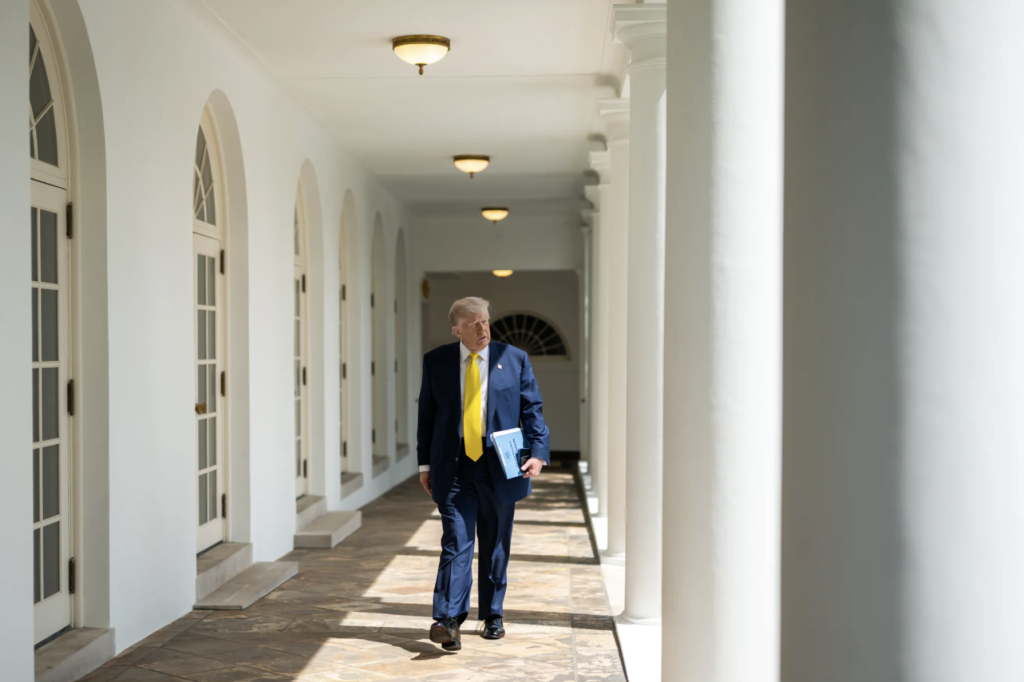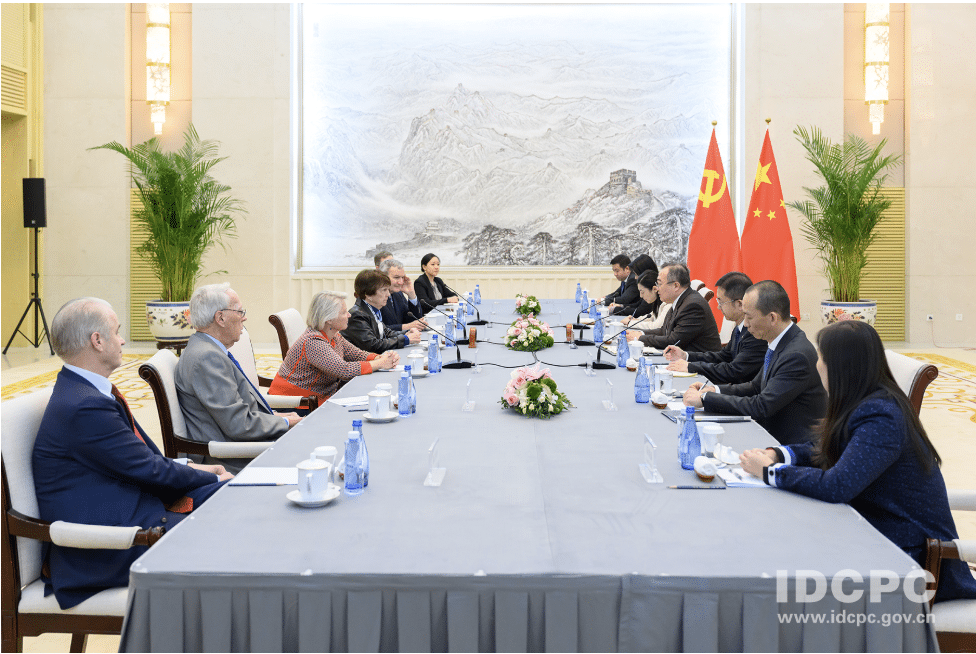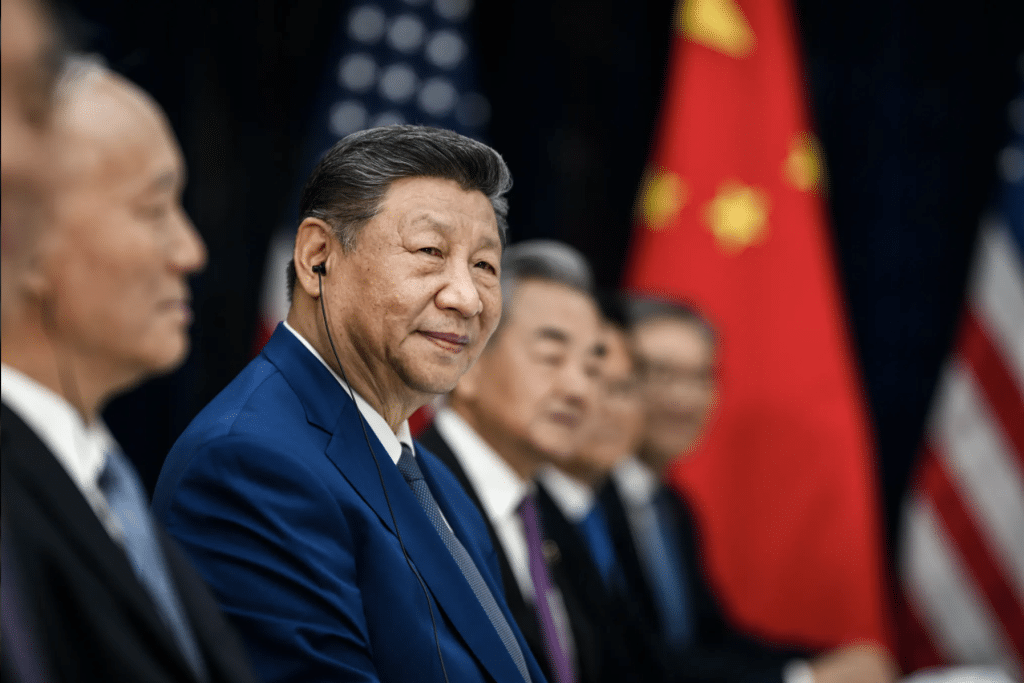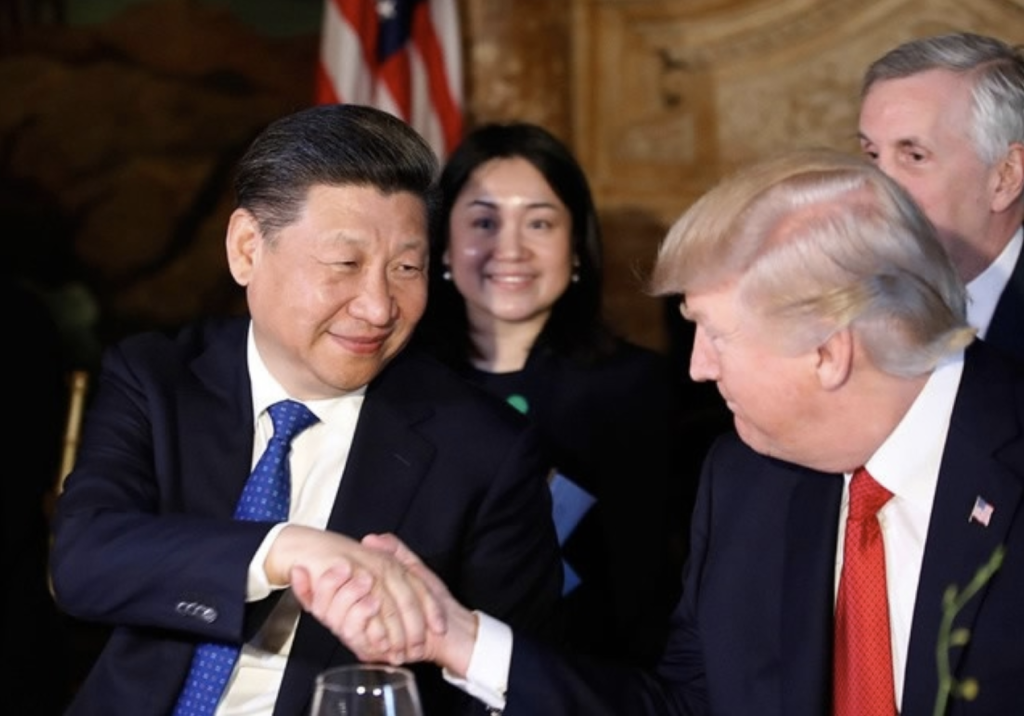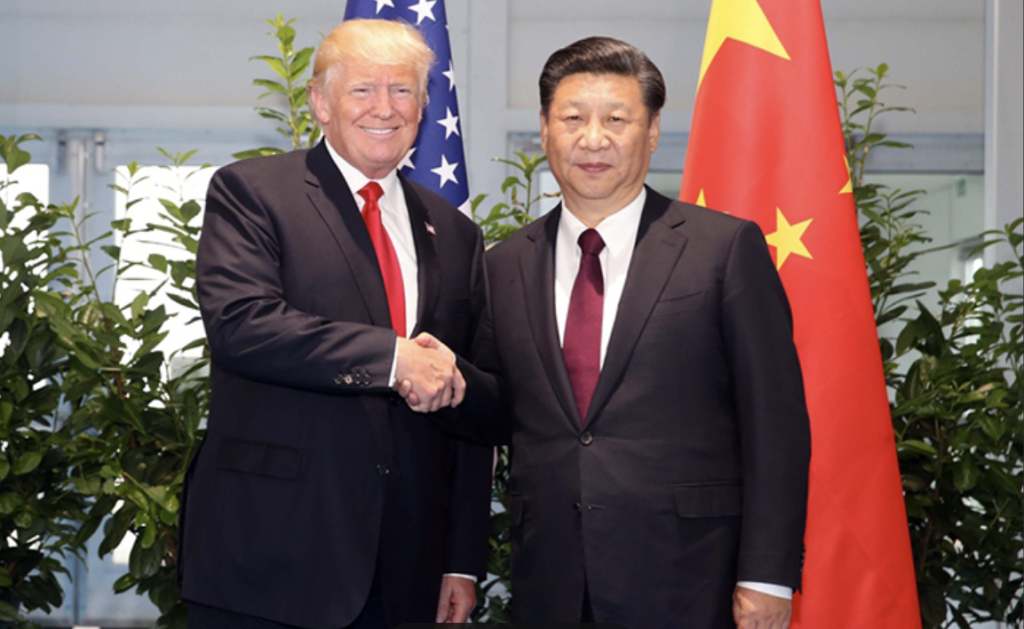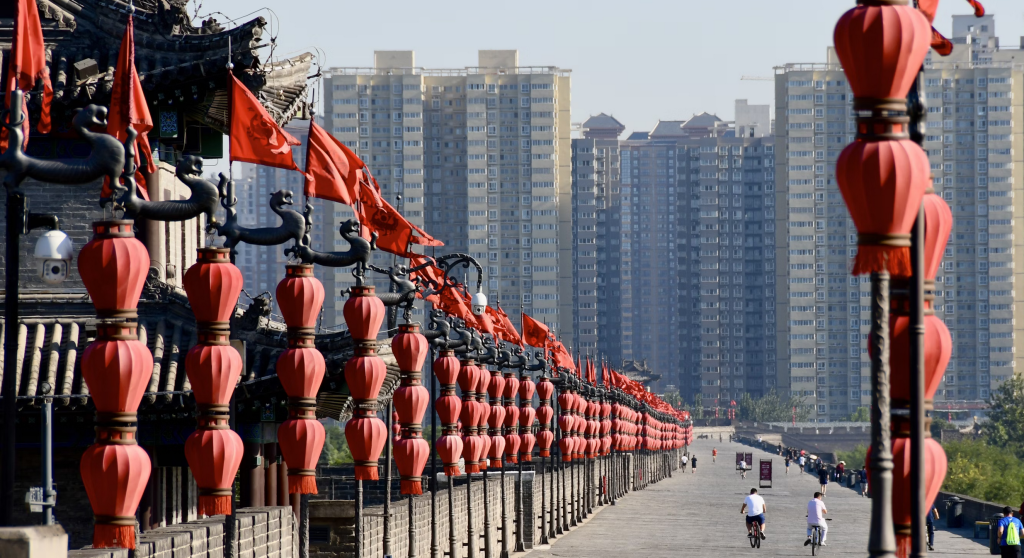China, the U.S., and Developing Countries News Roundup: March 1–12, 2021
Image: USC News — University of Southern California
Every two weeks, The Carter Center’s China Program releases an overview of major events involving Chinese and U.S. global engagement, with a particular focus on emerging issues in Africa and Latin America. In addition to using news sources, the news roundup analyzes papers and reports from academic journals, governmental bodies, and NGOs, and also summarizes debates and other events organized by think tanks on select issues. The news roundup is intended to be a platform and resource for both China watchers and readers interested in political and economic development in developing countries. It aims to deepen the understanding of China’s foreign policy, and emerging issues and trends in developing countries, as well as to enhance the prospect of multinational cooperation among China, the U.S., Africa and Latin America.
How will the crucial first engagement look like for the United States and China? Will the two countries be able to work together and cooperate on international issues? What will the economic and technological encounter look like for the two countries? And how will the Belt and Road Initiative play a role? Learn the answers to these questions and more in this edition of the news roundup.
This issue is edited by Jiaqi Liu and Yinuo Tang.
News Articles
U.S., China Clash Over How to Describe Crucial First Meeting
(Bloomberg Politics, March 11, 2021)
US and China are set to hold face-to-face exchange next week in Alaska, the Biden administration’s first in-person diplomatic encounter with its chief foreign counterparty. But disagreement appears over whether the exchange was a “strategic dialogue” and further cast doubt on the possibility of a series of follow-on engagements.
U.S and China Engage, Tentatively, on Climate Change
(The Wall Street Journal, March 9, 2021)
Washington and Beijing are to co-chair a G-20 study group focusing on climate-related financial risks. Chinese Foreign Minister Wang Yi used to describe climate change as a common cause that could help improve the U.S.-China relations and the U.S. has recently agreed to rejoin the Paris climate agreement. Under this scenario, the engagement is expected to show whether the world’s two largest economies can work together on shared priorities.
China Plays Up Ascendancy Over West as It Sets Economic Path
(The Wall Street Journal, March 4, 2021)
State broadcaster Central China Television aired last month an eight-part documentary, “Shaking Off Poverty,” that recounted Mr. Xi’s poverty-alleviation efforts over the past eight years. Then at the annual legislative session, Mr. Xi pivots from the poverty-alleviation drive to his next priority – building a modern, powerful nation by 2035. It is of special significance to look at China’s forward economic landscape in light of the nation’s success in eliminating poverty while the U.S. and other Western powers reel from the Covid-19 pandemic.
Xi’s Gambit: China Plans for a World Without American Technology
(The New York Times, March 10, 2021)
Anticipating efforts by the Biden administration to continue to challenge China’s technological rise, the country’s leaders are accelerating plans to go it alone, seeking to address vulnerabilities in the country’s economy that could thwart its ambitions in a wide range of industries, from smartphones to jet engines. The country’s new five-year plan, made public recently, called tech development a matter of national security, depicting how the country plans its road to the “global peaks of technology.”
Papers and Reports
Biden Administration Releases 2021 President’s Trade Agenda and 2020 Annual Report
(Office of the United States Trade Representative, 1 March, 2021)
The Office of the United States Trade Representative released President Biden’s Trade Agenda for 2021 as well as the 2020 Annual Report on March 1st, 2021. In this report, a detailed plan to prevent the further spread of the COVID-19 pandemic and to re-boost the U.S. economy was outlined. This agenda introduce the vision to “create millions of good-paying jobs and support America’s working families” and reflect “America’s universal values.” While this report is US-focused, it is not hard to grasp a glimpse of how these goals and reforms will play out for the interaction between the new Administration and China, or other countries in the world, on a larger international stage.
Podcasts
Tibor Nagy Reflects on U.S.-China Competition in Africa
(The China in Africa Podcast, 9 March, 2021)
As the Biden Administration was called on to confront by the former U.S. diplomat for Africa to act more in order to counter China’s influence on the continent, Nagy’s comments once again pinpoint the “rapidly deteriorating relations between the two powers”, as indicated by the press conferences held last week between U.S. Secretary of State Antony Blinken and Chinese Foreign Minister Wang Yi. According to Nagy, the United States was looked upon to prove its leadership again in Africa and immediate action is necessary.
Events
A Discussion with Mary Kay Magistad on China’s Belt and Road Initiative
(Dragon EagleTV, 2 March, 2021)
How China navigates its strategic plan of Belt and Road Initiative beyond the scope of infrastructure? The rebalancing of soft power becomes more complicated when intertwined with debt diplomacy, local sustainability, and international aid in an unprecedented pandemic scenario. Can the combination of economic and strategic drivers be easily reconciled? Watch the interview with Mary Kay Magistad on Dragon EagleTV and learn more about her project on New Silk Road.


